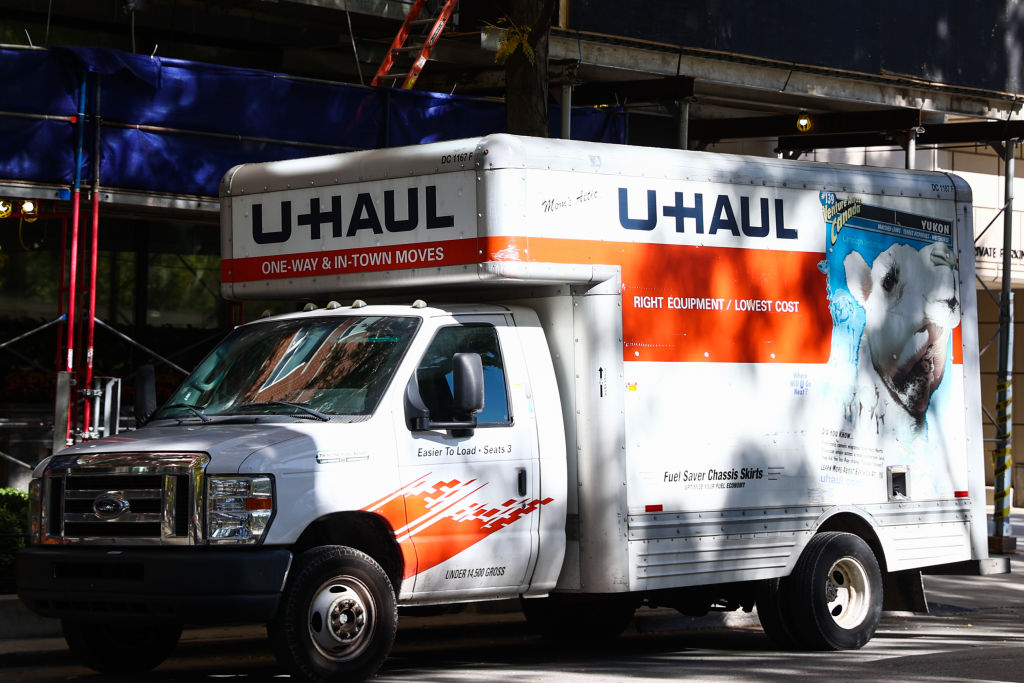‘Yankee Tax’ In South Carolina Moves Forward In State Senate

This week, the South Carolina state Senate approved a “Yankee Tax” that would add additional fees for those who move to the Palmetto State to register their cars.
Republican State Senator Stephen Goldfinch proposed the tax. This would add $250 to the $250 that new transplants already pay to register their cars. The money would be used to improve infrastructure in the state.
Goldfinch stated that South Carolina does not require any capital contributions from anyone who moves to the state from outside of the state. However, they can take advantage of our roads and bridges as well as our schools and green spaces right away.
Goldfinch, who is from the coast near Charleston, stated that the intention of the measure wasn’t to slow down new residents, but to generate more revenue to the state for infrastructure improvements.
|
He said, “We are not trying to build an wall across North Carolina’s border.” “But, at a same time, we believe that everyone should pay their fair share when it comes to showing up.”
The bill, also known as the “Yankee Tax”, passed the Senate Finance Committee 11-6. It will now be up for vote by the whole Senate.
Some people have suggested exempting military personnel from the tax if they move to the state following their service. Goldfinch stated that he was open to this idea. Another Republican, State Senator Sean Bennett, supported the bill. Bennett said managing growth is difficult.
He said, “Growth can be difficult to manage, especially in your community, and certainly in mine,” “But where does it end, I guess? That’s my question.”
According to a recent report, South Carolina was among the top ten states where you can move in 2022. This includes Arizona, Tennessee and North Carolina. South Carolina has experienced a growth of approximately 500,000 people in the past ten years. Many people are from North Carolina and Georgia.
Many people are moving to the South because they have moved from California and New York. They want lower taxes, milder weather and better business climates. California, New Jersey and Michigan were the states that lost the most people.
Some areas have seen rising housing prices due to the inflow of residents who sell their expensive properties in California and move to states with more affordable land.









No Comments